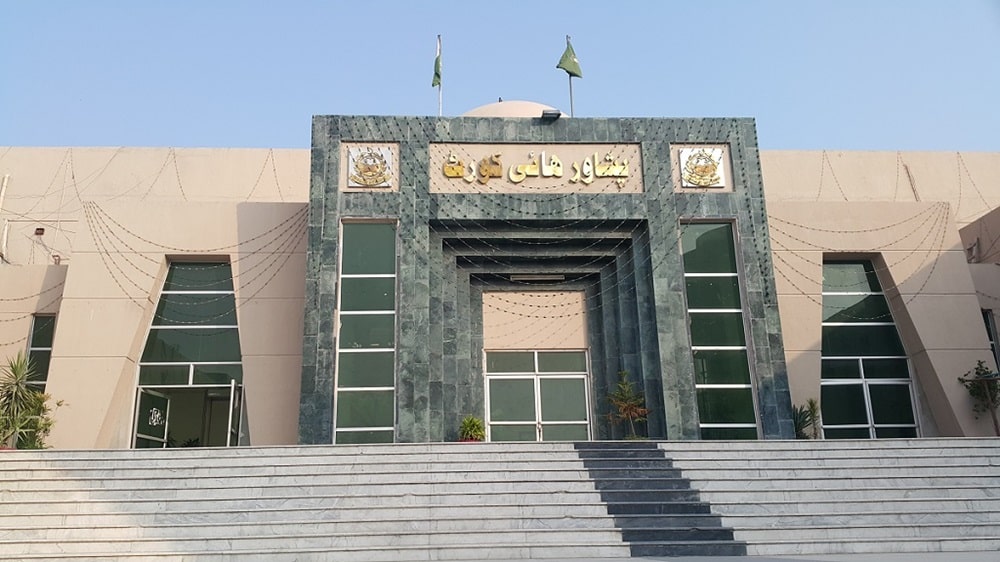The Peshawar High Court (PHC) has struck down section 7E of the Income Tax Ordinance, 2001, which imposes taxes on immoveable property on a deemed income basis.
The PHC has further declared that section 7E of the Income Tax Ordinance, 2001 does not qualify for the test of Capital Value of Assets and, therefore, is beyond the legislative competence of the Parliament.
The impugned legislation (section 7E introduced through Finance Act, 2022 to the Ordinance), which imposes taxes on immoveable property through a deeming clause does not qualify the test of Capital Value of Assets and, therefore, is beyond the legislative competence of the Parliament; Itence, the same is hereby struck down.
The PHC judgment said that in view of the clear bar, as provided under Entry No 50 of the Fourth Schedule to the Constitution, the Parliament has no jurisdiction to impose income tax on immoveable property.
The Parliament has the jurisdiction to tax the Capital Value of Assets in terms of Entry No 50 of the Fourth Schedule to the Constitution, it added.
Capital Value of Assets means an inseparable complete whole of the property (both moveable and immoveable), it said.
The impugned legislation (section 7E introduced through Finance Act, 2022 to the Ordinance), which imposes taxes on immoveable property through a deeming clause does not qualify the test of Capital Value of Assets and, therefore, is beyond the legislative competence of the Parliament; hence, the same is hereby struck down, said the PHC judgment.
The order of the PHC stated that the parliamentary debate clearly mentions that the object was to tax the unrealised income of the immoveable property through a deeming clause which shall be determined on the basis of its fair market value.
It said that the term “fair market value” is defined in Section 68 of the Ordinance. The object of legislation behind the insertion of section 7E was to tax the unrealized income of the immoveable property possessed by a resident person through a deeming clause which is not permissible in view of the law laid down by the apex court in the case of Messrs Elahi Cotton Mills and the judgment of the Indian Supreme Court in the case of Harbhajan Singh Dhillon.
Similarly, the impugned levy does not qualify the test to tax the capital value of asset as the asset means the entire wealth of a person and targeting the immovable property alone from the asset would, thus, be obviously beyond the competence of Parliament.
The judgment said that the Sindh High Court (SHC), with profound respect, though has elaborately dealt with each and every aspect of the case and has upheld the impugned legislation keeping in view the law laid down by the apex court in Elahi Cotton Mills, and Entry No 47. “However, we do not agree with the said reasoning on the grounds stated above.”
Similarly, the Lahore High Court (LHC) has though held that the unrealized income of the immoveable property cannot be taxed through the impugned legislation in terms of Entry No 47, however, it has passed a curative judgment reading down the impugned legislation. “We concur with the finding of the LHC, but we do not deem it appropriate to read down the impugned legislation in the manner because it is for the Parliament to re-enact the law as suggested by the Lahore High Court” the PHC order added.























Excellent.